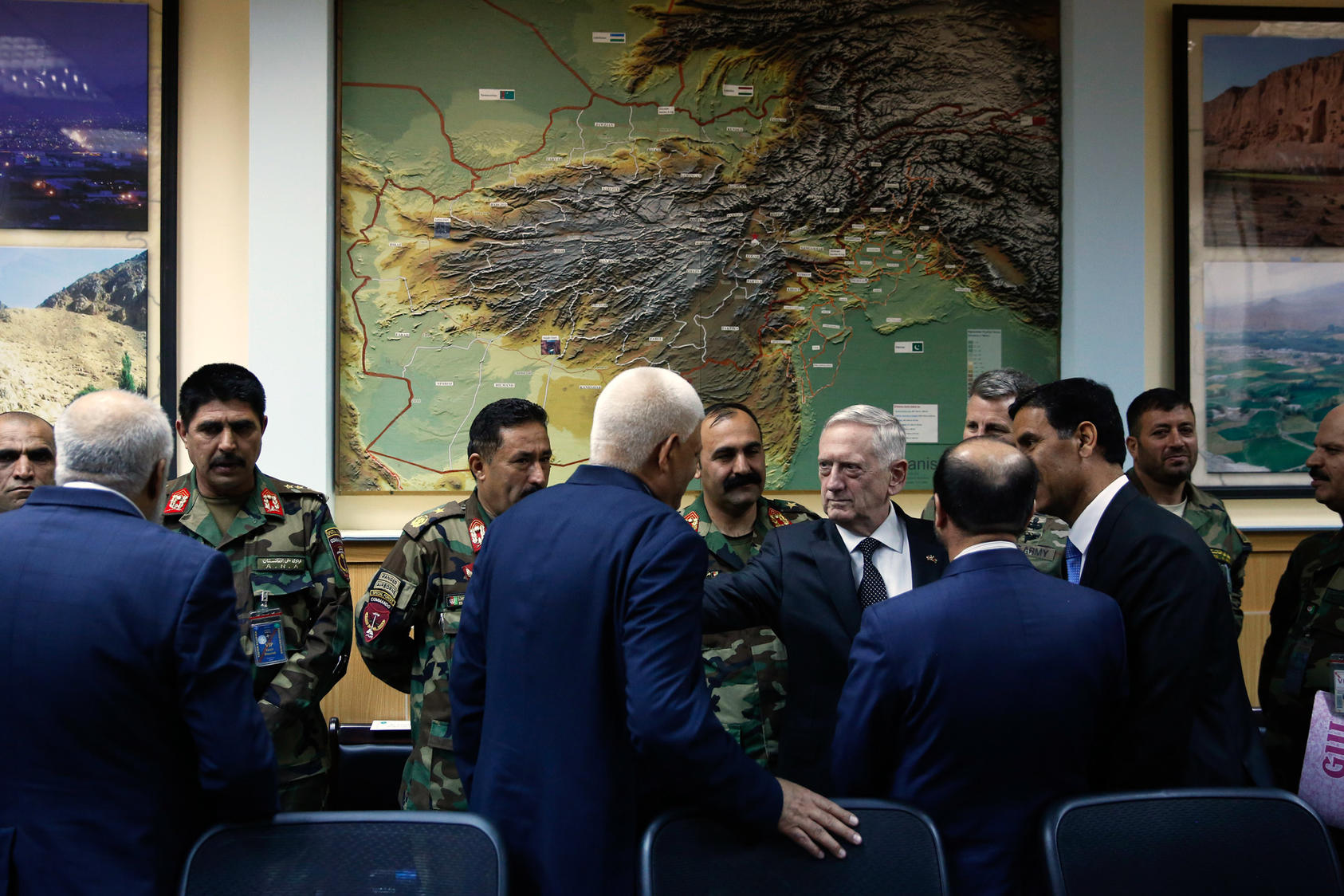In Afghanistan, U.S. Still Needs a Plan to Win the Peace
The U.S. foresees new troops, but what political strategy can help end the war?
As the Trump administration completes its review of policy on Afghanistan and South Asia, public debate is focused on the war’s military component, including President Trump’s decision to delegate decisions on troop levels to the Pentagon. Yet a few thousand more troops alone will be insufficient to end the war. A security plan, including the anticipated troop increase, must be combined with a political strategy that addresses Afghan domestic and regional factors fueling the war. On July 12, USIP held a panel discussion with leading experts on how such a strategy can help win the peace in Afghanistan.
Secretary of Defense James Mattis says “we are not winning in Afghanistan,” and plans to send more U.S. troops to help Afghan security forces roll back the Taliban’s steady military gains. But many civilian and military officials and Afghan experts agree that there is no purely military solution to the war, and that military strategy should advance a broader political plan, with Afghan domestic and regional components, to seek a politically negotiated end to the conflict. There has been little public discussion about how to align the United States’ security assistance with a push toward such a political settlement. Panelists debated the ways to do so.
A recording of the event can be found on this event page.
Speakers
Christopher Kolenda
President and CEO, Kolenda Strategic Leadership and former Senior Advisor on Afghanistan and Pakistan for the Under Secretary of Defense for Policy, Department of Defense (2009-2014)
Douglas Lute
Former U.S. Ambassador to NATO (2013-2017) and former Assistant to the President and Deputy National Security Advisor on Iraq and Afghanistan (2007-2013)
Laurel Miller
Former acting Special Representative for Afghanistan and Pakistan (2016-2017)
Barnett Rubin
Senior Fellow and Associate Director, Center of International Cooperation, New York University and former Senior Advisor to the Special Representative for Afghanistan and Pakistan (2009-2013)
Nancy Lindborg, Opening Remarks
President, U.S. Institute of Peace
Andrew Wilder, Moderator
Vice President, Asia Center, U.S. Institute of Peace




